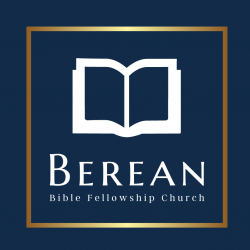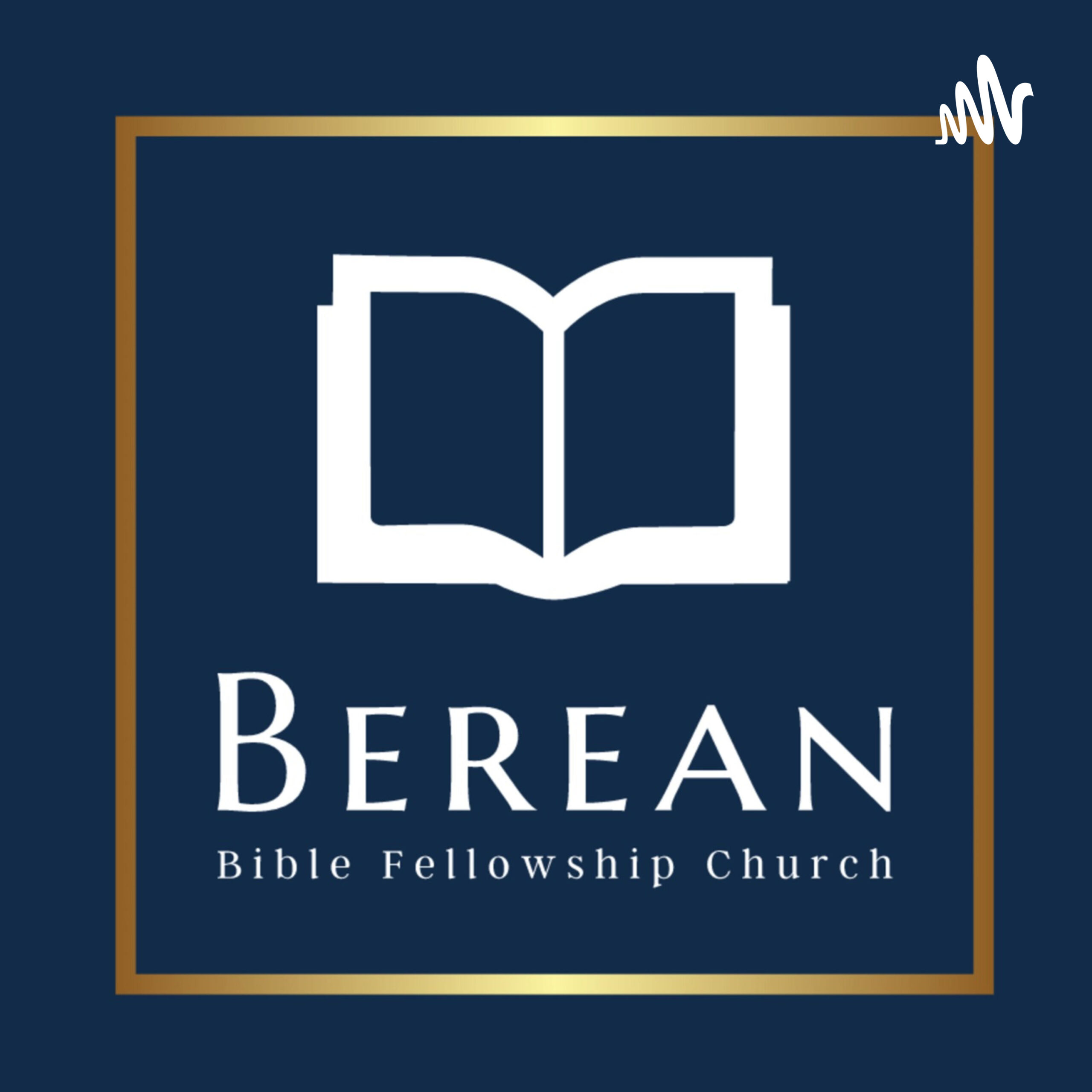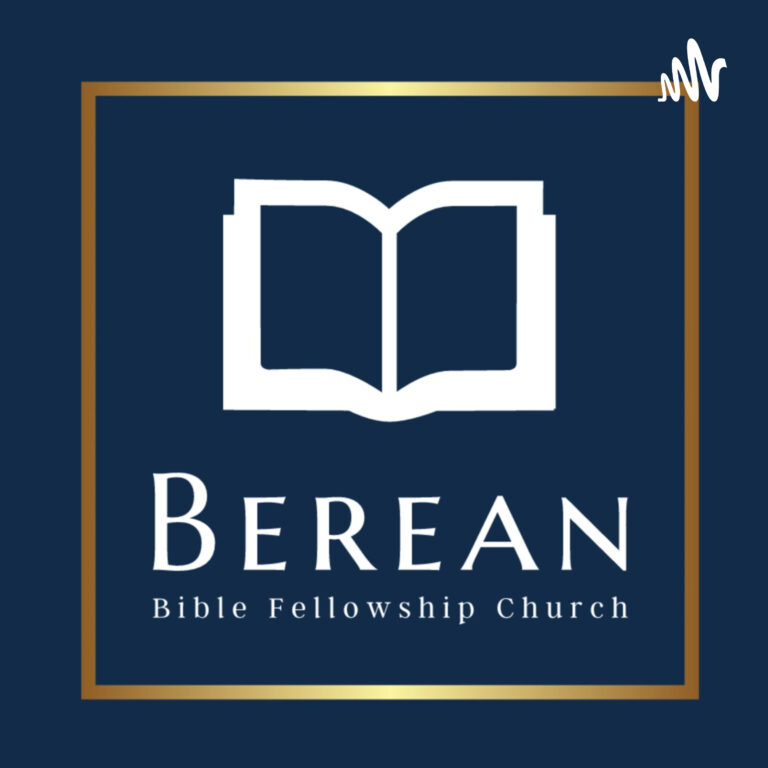Big Idea: Everyone responds to the gospel differently. The way we responds determines whether we belong to the Kingdom of Christ or the kingdom of this world. There are only two types of people. Those who embrace Jesus as savior and those who do not.
Two Responses to the Preaching of Repentance;
The _______________________ Response (Excitement)
Luke 3:15 (ESV) — 15 As the people were in expectation, and all were questioning in their hearts concerning John, whether he might be the Christ,
When the people heard John preach, they were excited for what was to come. So much so, that they think he might even be the Christ. The reason this message sparked so much anticipation in the people is because of what it said about the kingdom of Christ. In their minds, this meant those in positions of authority would no longer be taken advantage of them.
The purpose of the Law is to mirror our unrighteousness because it mirrors the righteousness of God. To be precise, the reason it reflects our own unrighteousness is because as we look into the Law of God and we see how perfectly righteous He is, we realize, or at least we should realize, how short we fall from God’s perfect righteousness. (Rom. 3:23)
Among Palestinian Jews of the first century, a form of ritual cleansing was practiced, one which undoubtedly constituted the foreshadowing of Christian baptism. The unearthing of hundreds of mikvaot (ritual cleansing pools) …testify to the widespread practice of both proselyte baptism and ritual cleansings… A typical use of the mikveh would find a Gentile who had embraced Judaism and accepted circumcision walking into the mikveh, citing the shema (Deut. 6:4), …and then immersing himself in the pool.
Baptism is an identifier of who you belonged to.
It is no doubt that John is referring here to the practice of separating those who belong to the Kingdom of Christ and those who belong to the kingdom of darkness. He makes a direct connection to the baptism of the Holy Spirit being applied to the wheat and stored for the day of redemption and the baptism of fire being applied to the chaff as they burn with unquenchable fire on the day of judgement.
The ___________________ Response (Rejection)
Luke 3:19–20 (ESV) — 19 But Herod the tetrarch, who had been reproved by him for Herodias, his brother’s wife, and for all the evil things that Herod had done, 20 added this to them all, that he locked up John in prison.
Mark 6:16–20 (ESV) — 16 But when Herod heard of it, he said, “John, whom I beheaded, has been raised.” 17 For it was Herod who had sent and seized John and bound him in prison for the sake of Herodias, his brother Philip’s wife, because he had married her. 18 For John had been saying to Herod, “It is not lawful for you to have your brother’s wife.” 19 And Herodias had a grudge against him and wanted to put him to death. But she could not, 20 for Herod feared John, knowing that he was a righteous and holy man, and he kept him safe. When he heard him, he was greatly perplexed, and yet he heard him gladly.
John not only has the crowd in mind here when he declares that Christ is a winnowing fork, he also has this religious and political elite in mind. Their response proved that they did not belong to Christ’s kingdom. Their response, no matter how complicated, proved that they would rather be comfortable and secure, then to follow Jesus. And they went to great lengths to secure that comfort.
Luke 3:17 (ESV) — 17 His winnowing fork is in his hand, to clear his threshing floor and to gather the wheat into his barn, but the chaff he will burn with unquenchable fire.”
Questions to Consider
To which group do you belong? Praise God that he has saved you by his Spirit?
To whom is God calling you to preach the message of repentance? Pray that he might attend your preaching with the conviction of the Holy Spirit.


